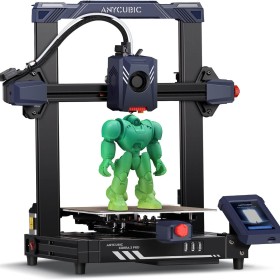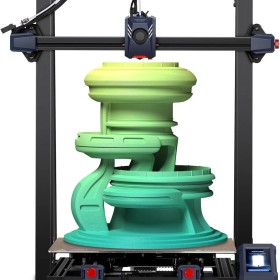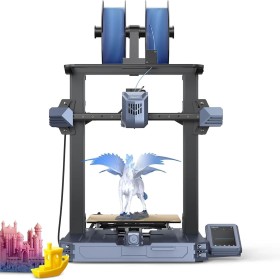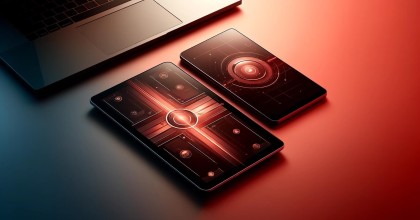DIY Projects: Which 3D Printer is the Right One?
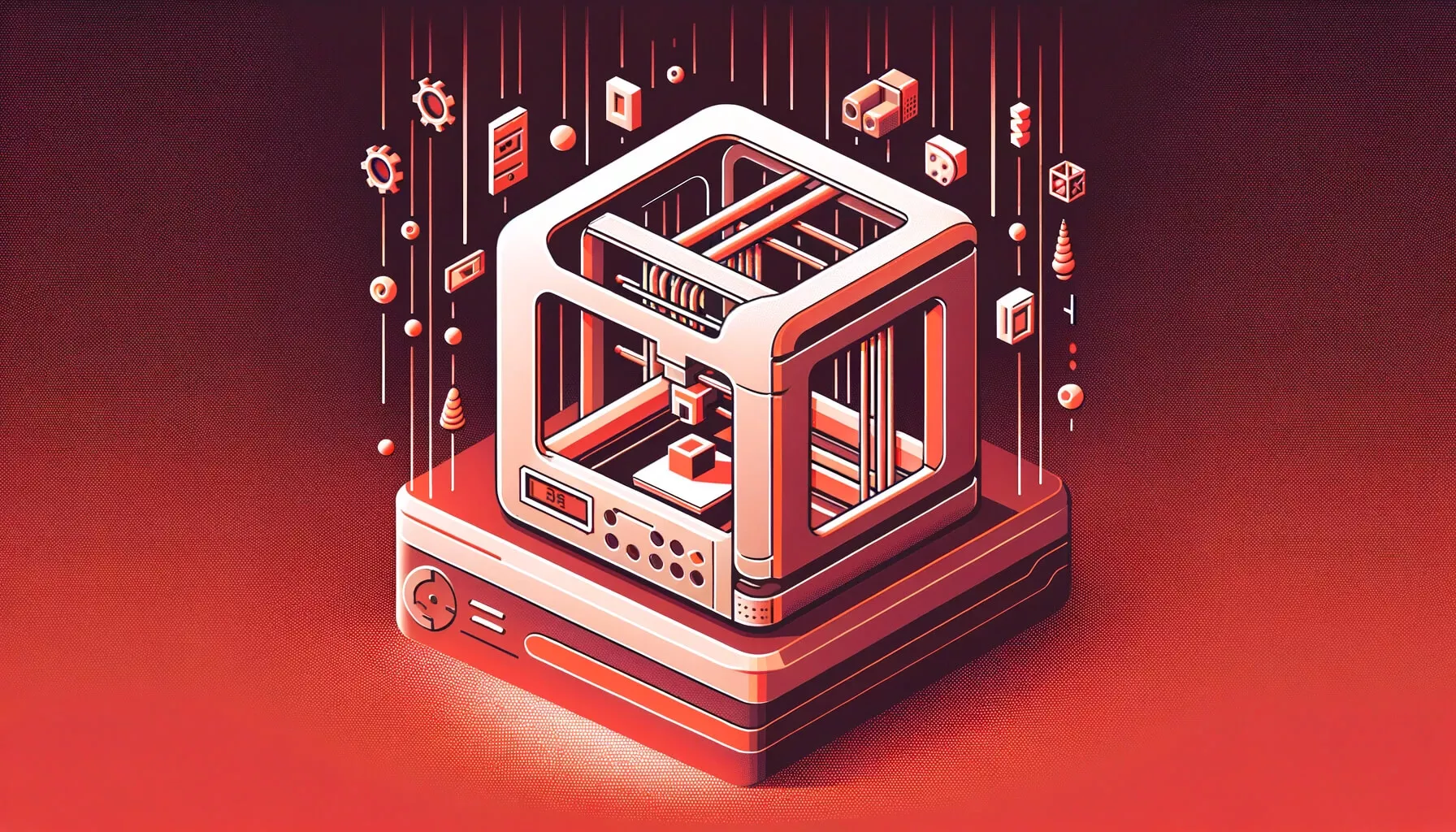
While 3D printers have already entered affordable price ranges, they are still a significant investment for most. In this article, we aim to assist you in making an informed decision by considering both factual arguments and personal opinions.
Firstly, you should think about the materials you want to print. Different 3D printers support various materials, including PLA, ABS, PETG, Nylon, and many more.
PLA is biodegradable, non-toxic, and available in a variety of colors, making it practical for everyday use. Personally, I print most objects with PLA since the price per meter is often the lowest. I can usually get a kilogram of PLA for as low as €13 in various colors.
Another crucial aspect is print quality and resolution. The resolution of a 3D printer is measured in microns, where lower values result in higher resolution and greater detail accuracy in prints. For demanding projects like model making or jewelry production, I recommend a high-resolution printer. From personal experience, I can say that precision plays a minor role in many projects. My AirTag dog tag, not a Mac Classic replica, or my MacBook holder, all consist of smooth surfaces with few contours.
Resin 3D printers offer outstanding precision, smooth surfaces, and versatility in 3D printing projects. Resin-based printing results are less affected by support structures. However, I find working with resins to be quite messy, whether in the workshop or the office!
The Perfect 3D Printer: Find Your Model!
When buying a 3D printer, several important factors should be considered. First, you should take into account your specific requirements and intended use. How large are the objects you want to print? Another crucial point is the availability of spare parts and support. It is recommended to choose a reputable manufacturer to make it easier to obtain spare parts and support.
The size of the print bed does not necessarily depend on the price. My 3D printer was not significantly more expensive but has a print area of over 40 centimeters. This allows me to comfortably print larger parts in one piece, although the printer takes several days for such prints.
Here are some well-known manufacturers of 3D printers:
Why is the availability of spare parts so important?
To have long-term fun with a 3D printer, the availability of spare parts is essential. A 3D printer has many moving parts, components exposed to high temperatures, belts that need lubrication, and many other components. Many modules, such as the extruder, need to be replaced regularly, for example, in case of clogs or burnouts. Many of these parts are consumables and are often not covered by the device's warranty.
Power supplies can also fail, especially since 3D printers often run for days. In the lower price range, inexpensive power supplies are often used, which have a shorter lifespan due to simpler components.
In addition to hardware, software also plays a role. Many well-known manufacturers occasionally offer patches to fix known bugs. Cheap manufacturers typically do not provide this. Immature software from cheap printers can be very frustrating, especially if it causes the print to fail prematurely.
